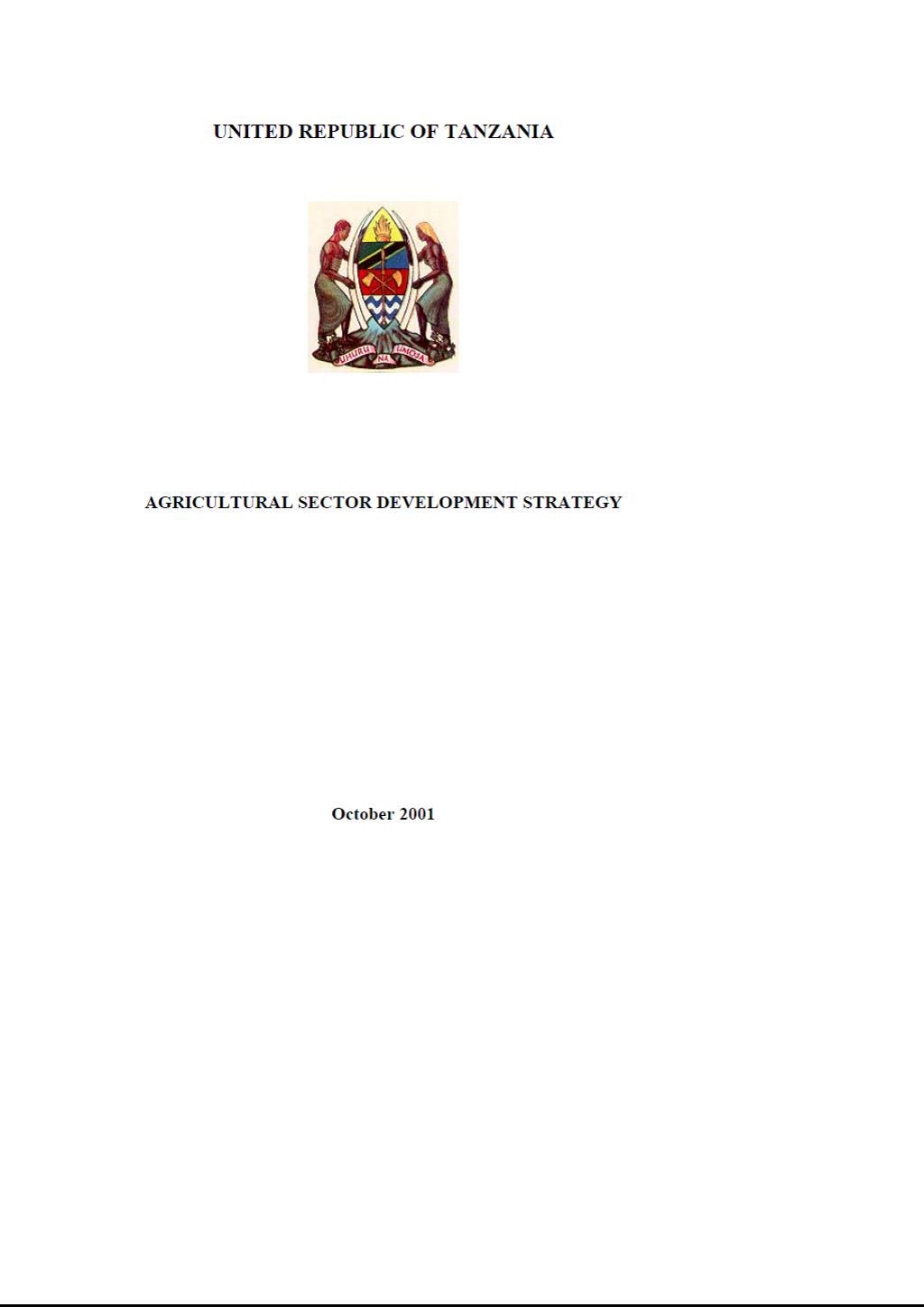Technological change and deforestation: a theoretical overview
This chapter spells out the theoretical framework for the discussion and case studies of the book. First, it provides precise definitions of technological change and classify technological change into different types based on their factor intensities. The discussion starts off with a single farm household. Two key concepts for understanding how that household will respond to technological changes are economic incentives and constraints. The former relates to how new technologies influence the economic return of different activities.








